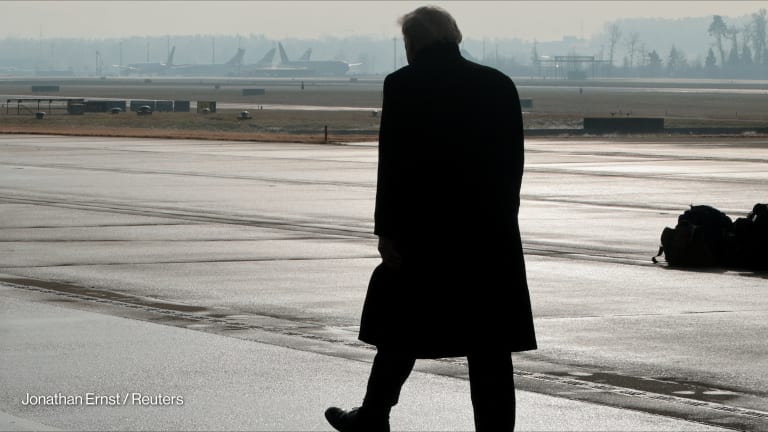In a world where challenges can be so complex they require strange bedfellows to solve them, the World Economic Forum’s annual meeting in Davos has taken on new importance. It’s a rare place where critical masses of stakeholders across government, civil society, business and media can come together at the same time to forge unique alliances that have a real chance of success. Here are three such initiatives from this year’s Davos meeting that exemplify three big trends in global development.
Almost every advanced economy is seeing their foreign aid budget plateau or even go down. (The U.K. is the major exception: its budget is going up.) But the needs in areas such as global health, climate change and food security require much larger investments. The result is many governments are using capital markets to leverage their limited aid grants into larger investments tied to debt and equity instruments. This is not a new phenomenon but it is likely to continue accelerating as aid agencies grapple with limited budgets and as these leveraging models become more widely understood and accepted.
At this year’s annual meeting, the Norwegian government announced a $400 million fund to combat deforestation. As part of the announcement, the government said it aims for this fund to lead to total investments of $1.6 billion. What’s interesting is that so far Norway has actually allocated only $100 million but is using its initial grant to incentivize other donors (including multilateral banks and private sector companies) to join in. Unilever has committed $25 million and other donors are expected to join soon.
Read more on our coverage of the World Economic Forum:
► Connectivity is key in a crisis — if it gets there fast enough
► Jim Kim thinks more donors should leverage their funds
► Coalition for Epidemic Preparedness Innovations launches in Davos
► Pharmaceutical companies launch new initiative to tackle NCDs
► China could gain clout if US backs out of climate commitments, experts say








